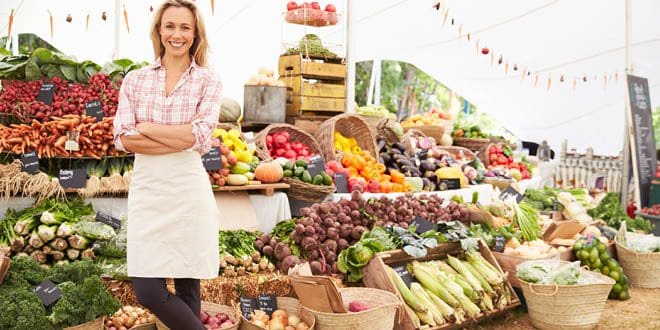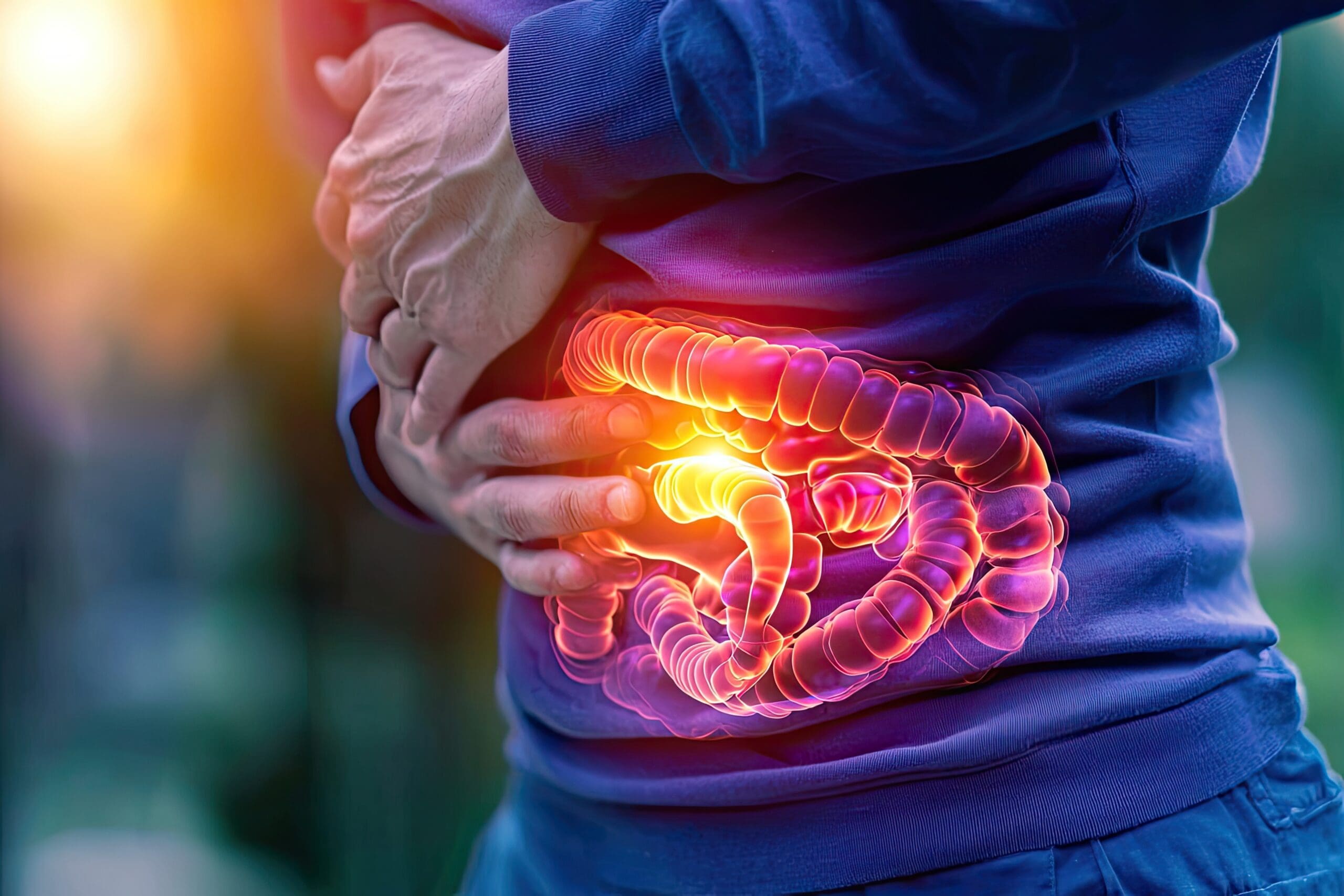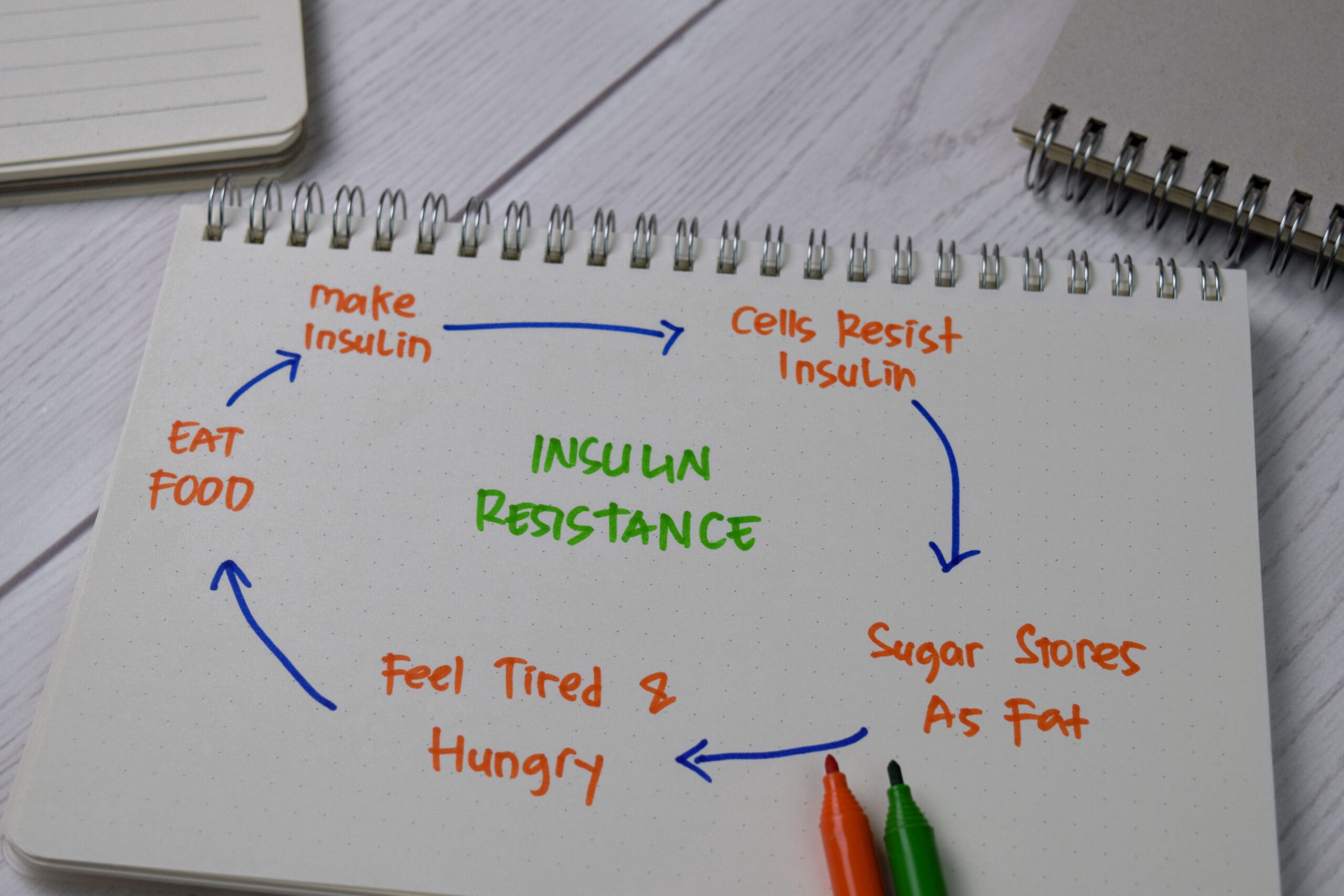Next time you go to do the food shopping, why not use the healthy shopping list below as a handy guide?
Remember, if your cupboards are full of good, healthy food then there is not so much room for junk food!
If possible try to buy produce that is locally grown and in season and is fresh and free of chemical preservatives. Organically grown produce is ideal if your budget allows this, but it is not imperative or possible to always consume only organic foods, so do the best you can.
- Raw fruits and vegetables. Vegetables that are highly liver cleansing because of their high sulphur content are cruciferous vegetables (broccoli, Brussels sprouts, cabbage, and cauliflower) and garlic and onions. Fruits and vegetables with deep bright pigments such as orange, yellow, red, purple and green colours are very cleansing (e.g. carrots, pumpkin, citrus fruits, red cabbage, red and green capsicums). Other liver-cleansing options include mushrooms, potatoes, yams, avocado, olives and seaweeds.
- Raw nuts, such as brazil, almonds, hazelnuts, cashews and walnuts.
- Raw seeds such as flaxseed (linseeds), hemp seeds, sunflower, sesame and pumpkin.
- Legumes, which consist of beans, lentils and chickpeas. These can be eaten cooked or sprouted.
- Sprouts – alfalfa, mung bean, wheatgrass and barley grass are a good source of chlorophyll, which is liver cleansing.
- Grains – whole grains such as wheat, buckwheat, rye, barley, oats, quinoa and rice.
- Breads – whole-grain, multi-grain, stone-ground, pita, sourdough and gluten-free.
- Biscuits – crisp breads and crackers made from whole grains or gluten-free flour that are free of hydrogenated vegetable oils and sugar. Avoid sweet biscuits.
- Pastas made from whole-grains or gluten-free flour.
- Chicken and eggs – preferably free-range and/or organic.
- Seafood such as tuna, salmon, sardines, trout, mackerel (oily fish), fresh fish fillets and shellfish. Canned fish is healthy. Avoid eating seafood raw, smoked or deep-fried.
- Spreads for breads/biscuits – hummus, tahini, nut spreads, (brazil, almond, cashew, natural peanut butter, etc.), pesto, honey, fresh avocado, baba ganoush, tomato paste, olive paste and aioli.
- Cold pressed vegetable, nut and seed oils – e.g. olive, walnut, peanut, hemp, macadamia nut, avocado, flaxseed, grape seed and cold pressed coconut oil.
- Beverages – unsweetened soy milk, almond milk, oat milk, rice milk, canned coconut milk, water (filtered, rain or purified), bottled or canned vegetable juices with no added sugar, and tea (regular, green or herbal). Ground coffee but only one to two cups daily
- Herbs and spices if desired – jalapeno pepper, celery seed, peppercorns, chervil leaf, anise seed, chilli, ginger, coriander leaf, coriander seed, curry, cayenne, bay leaves, caraway seed, lemon thyme, marjoram, mustard seed, turmeric, basil, parsley, paprika, nutmeg, lemongrass, dill leaf and seed, thyme, mint, oregano, basil, horseradish, cumin seed, star anise, galangal, cinnamon, saffron, rosemary, fennel seed and others if they are natural.
If possible, try to buy produce that is fresh and/or in season and free of:
- Added sugar (read ingredient list on label).
- Hydrogenated vegetable oils and/or trans-fatty acids
- The artificial sweetener aspartame (additive 951)
- Chemical preservatives, colourings and flavourings
Organic food that is free of insecticides is ideal but for some people it’s just too expensive and not always possible to find.
Where possible, buy local produce, as this is the freshest option (and has not had to be transported and stored). There are Farmer’s Markets open all over town on most weekends, so grab your recycled bags and go and buy your fresh produce from the grower’s themselves.
Do the best you can when choosing food for yourself and your family – the old saying “You are what you eat” is very true!









Leave A Comment